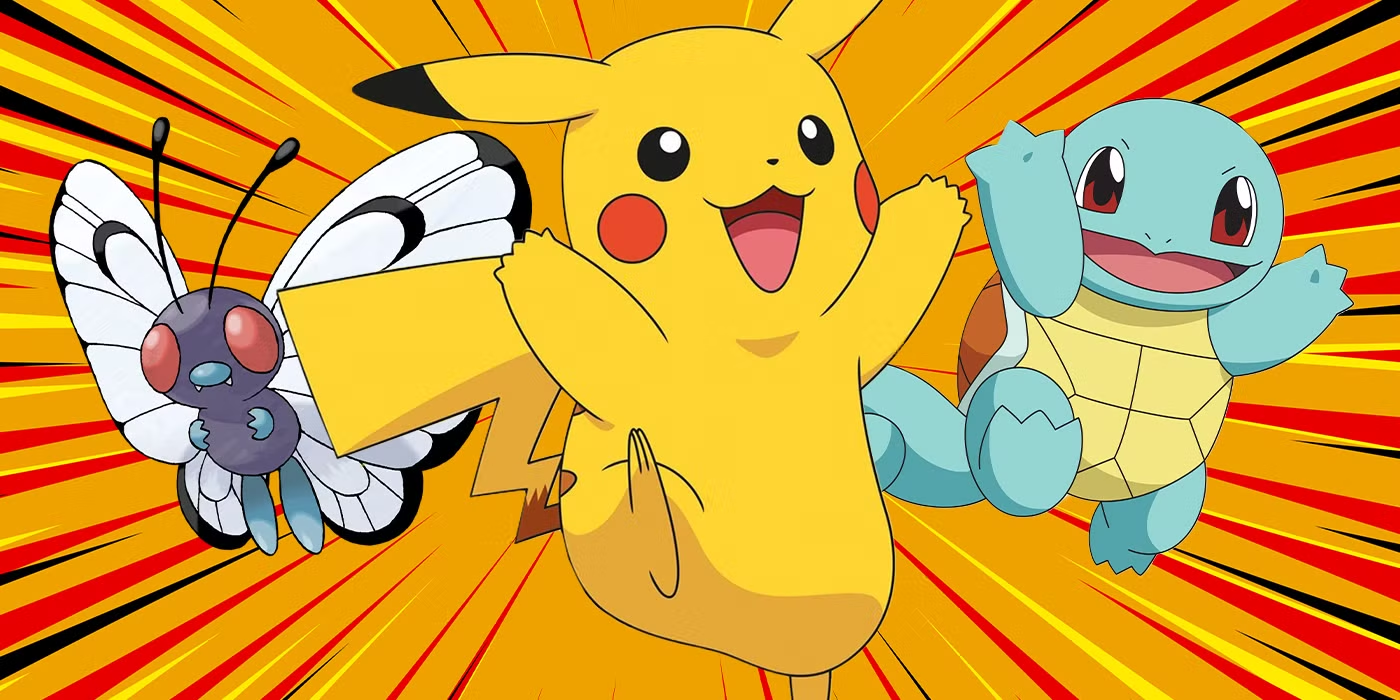What does Pokemon mean?

The word "Pokemon" is a combination of two Japanese words: "Pocket" and "Monsters." This clever portmanteau perfectly captures the essence of these collectible creatures that trainers carry with them in their pockets. These creatures include some of the strongest Pokemon and rarest Pokemon in the game.
The Etymology of Pokemon
Let's break down the meaning of Pokemon. Understanding this helps us appreciate the different types of Pokemon and their type weaknesses:
| Japanese Word | Meaning | Significance |
|---|---|---|
| ポケット (Poketto) | Refers to the portable nature of Pokemon | |
| モンスター (Monsutā) | Monster | Describes the creature aspect |
| ポケモン (Pokemon) | Pocket Monsters | The combined term |
Cultural Significance
The name Pokemon reflects several key aspects of the franchise. Some of these Pokemon can learn special moves like False Swipe or Cut:
- Portability: Pokemon can be carried in Pokeballs, making them pocket-sized companions
- Collectibility: The pocket aspect emphasizes the collecting nature of the games
- Accessibility: The name is easy to remember and pronounce in multiple languages
- Global Appeal: The term has become a universal word recognized worldwide
Evolution of the Name
The name Pokemon was created by Satoshi Tajiri, the creator of the franchise. It was chosen to be simple, memorable, and descriptive of the game's core concept. The name has remained unchanged since the franchise's inception in 1996, becoming one of the most recognizable brand names in the world. Some of these Pokemon might be lucky Pokemon when traded.
Did You Know?
The original Japanese name "Pocket Monsters" was shortened to "Pokemon" to make it more marketable internationally. This shorter version is now used worldwide, making it one of the most successful examples of brand name adaptation in gaming history.